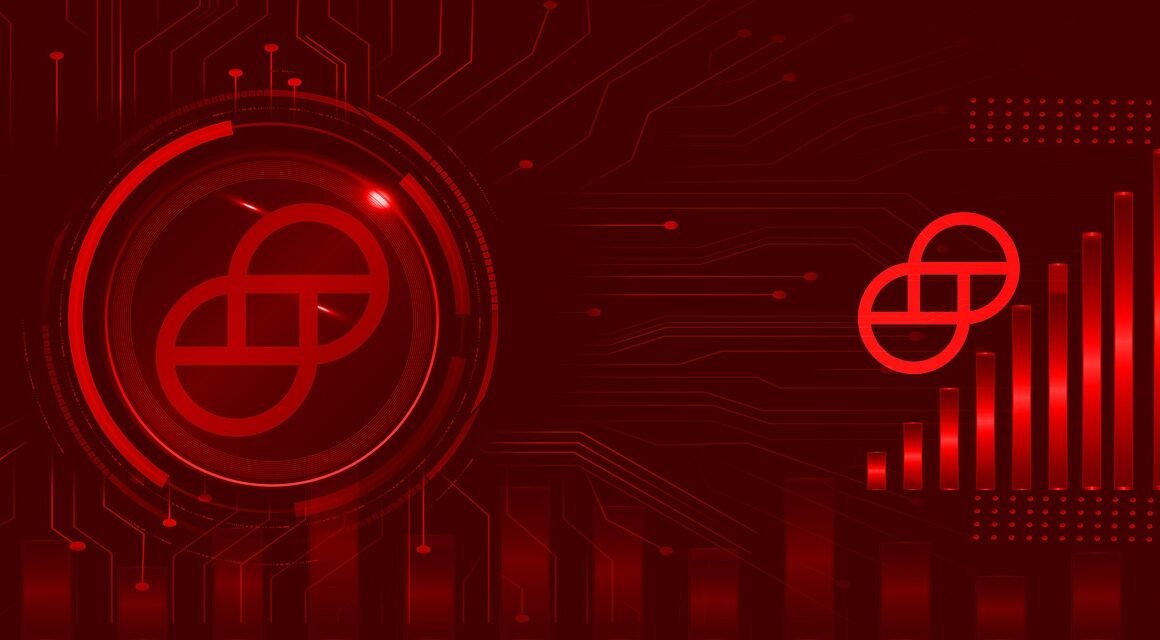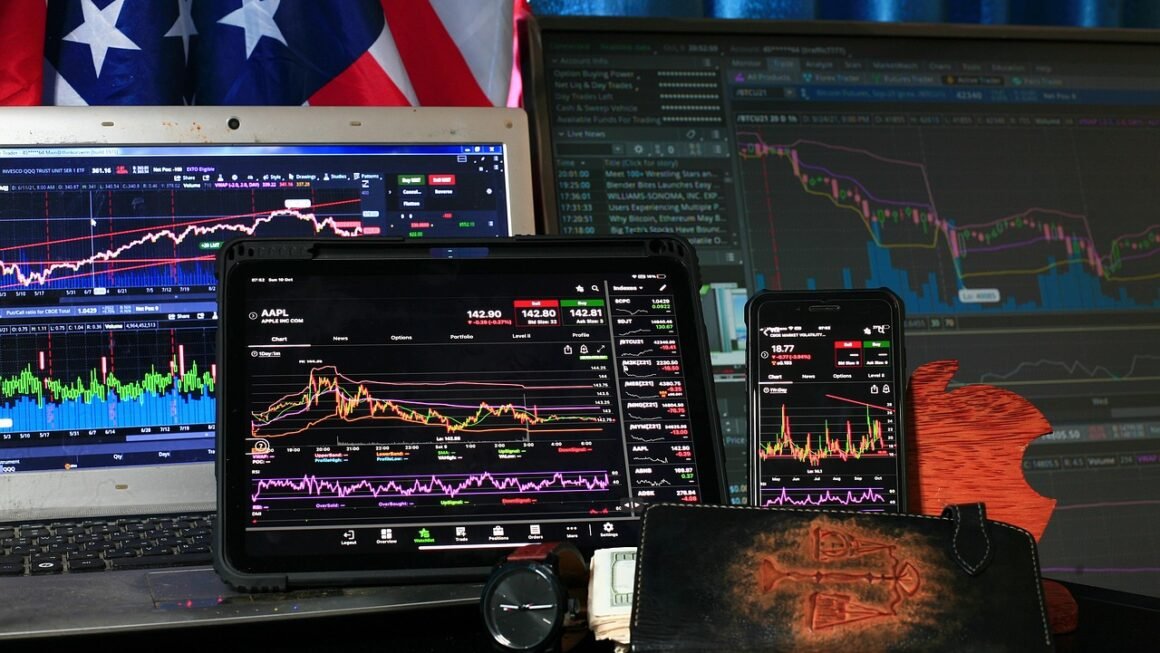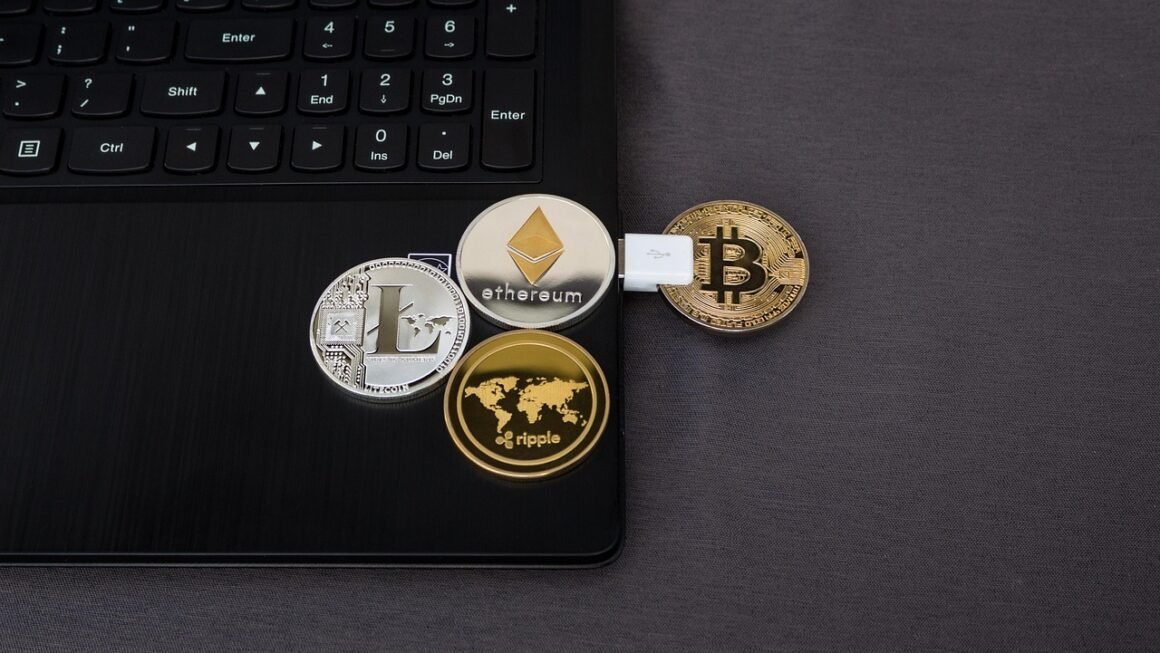DAOs, or Decentralized Autonomous Organizations, are revolutionizing the way communities, businesses, and even governments operate. By leveraging blockchain technology, DAOs offer a more transparent, democratic, and efficient alternative to traditional organizational structures. This paradigm shift empowers individuals and fosters collaborative ecosystems, making DAOs a pivotal concept in the future of work and governance.
What is a DAO? Understanding the Basics
Defining Decentralized Autonomous Organizations
A Decentralized Autonomous Organization (DAO) is an internet-native entity with its rules encoded on a blockchain. These rules, often written in smart contracts, are immutable and automatically executed, removing the need for intermediaries or centralized authorities. Think of it as a company run by code, where every member has a say in its operations.
- Decentralized: Power is distributed amongst the DAO’s members rather than concentrated in a few individuals.
- Autonomous: Operations are automated through smart contracts, minimizing human intervention and bias.
- Organization: The DAO functions as a coordinated entity, working towards a shared goal.
Key Components of a DAO
Understanding the core components is essential for grasping the functionality of a DAO.
- Smart Contracts: These are self-executing contracts written in code that define the DAO’s rules and govern its operations. They handle voting, treasury management, and other core functions.
- Governance Tokens: These tokens represent membership and voting rights within the DAO. Holding these tokens allows users to participate in decision-making processes.
- Treasury: The DAO’s treasury holds its assets, often cryptocurrencies or other digital assets, which are used to fund its activities and projects. Access to and management of the treasury are governed by the smart contracts and voting procedures.
- Community: The community is the lifeblood of a DAO. Active participation, discussion, and voting are crucial for its success.
How DAOs Work: A Simplified Process
Benefits of DAOs: Why They Matter
Increased Transparency and Accountability
DAOs operate on the blockchain, making all transactions and decisions publicly accessible. This transparency fosters trust and accountability among members.
- Public Ledger: All actions are recorded immutably on the blockchain.
- Open Governance: Proposals and voting records are visible to everyone.
- Reduced Corruption: Eliminates opportunities for behind-the-scenes deals and biased decisions.
Enhanced Efficiency and Automation
Smart contracts automate many of the administrative tasks typically performed by human managers, leading to greater efficiency.
- Automated Processes: Smart contracts handle repetitive tasks, freeing up resources for more strategic activities.
- Faster Decision-Making: Proposals can be voted on and executed quickly, without the delays associated with traditional bureaucratic processes.
- Reduced Costs: Eliminating intermediaries and automating processes can significantly lower operational costs.
Democratized Governance and Participation
DAOs empower every member to participate in the decision-making process, fostering a more democratic and inclusive environment.
- Equal Voice: Token holders have a say in the DAO’s direction.
- Open Proposals: Anyone can submit proposals for consideration.
- Community Driven: The DAO’s success depends on the active participation of its members.
Global Collaboration and Accessibility
DAOs are not limited by geographical boundaries, enabling individuals from around the world to collaborate on projects and initiatives.
- Borderless Organizations: Anyone with an internet connection can participate.
- Diverse Perspectives: Attracts a diverse range of talent and ideas from across the globe.
- Global Impact: Enables the creation of projects with a global reach and impact.
Examples of DAOs in Action: Real-World Applications
Investment DAOs
These DAOs pool capital from members to invest in various assets, such as cryptocurrencies, NFTs, or real estate.
- The LAO: An early example of an investment DAO that focuses on supporting Ethereum-based projects.
- MetaCartel Ventures: A DAO that invests in early-stage Web3 projects.
Grant-Giving DAOs
These DAOs distribute grants to support projects aligned with their mission, often focusing on specific ecosystems or causes.
- MolochDAO: A DAO dedicated to funding the development of Ethereum 2.0.
- Gitcoin Grants: A platform that uses quadratic funding to distribute grants to open-source projects.
Social DAOs
These DAOs are focused on building communities around shared interests or values, often using NFTs or other digital assets to gate access.
- Friends with Benefits (FWB): A social DAO that requires members to hold a certain amount of FWB tokens to gain access.
- Seed Club: A DAO that supports and invests in social token communities.
Protocol DAOs
These DAOs govern the parameters and development of decentralized protocols, ensuring that they remain community-owned and operated.
- MakerDAO: Manages the DAI stablecoin and the Maker Protocol.
- Compound Governance: Controls the Compound lending protocol through community proposals and voting.
Challenges and Considerations When Building a DAO
Legal and Regulatory Uncertainty
The legal status of DAOs is still evolving, and there is a lack of clear regulatory frameworks in many jurisdictions. This uncertainty can create challenges for DAOs seeking to operate legally and compliantly.
- Entity Structure: Determining the appropriate legal structure for a DAO can be complex.
- Liability Concerns: Clarifying liability for DAO participants is essential.
- Tax Implications: Understanding the tax implications of DAO operations is crucial for compliance.
Security Risks and Vulnerabilities
DAOs are vulnerable to security risks, such as smart contract exploits and governance attacks. Robust security measures are essential to protect DAO assets and ensure the integrity of its operations.
- Smart Contract Audits: Regular audits by reputable security firms are crucial.
- Bug Bounty Programs: Incentivize security researchers to identify and report vulnerabilities.
- Governance Security: Implement measures to prevent malicious actors from gaining control of the DAO’s governance.
Governance Complexity and Participation
Effective governance is essential for a DAO’s success, but it can be challenging to design governance mechanisms that are both fair and efficient.
- Voting Mechanisms: Choosing the right voting mechanism is crucial for ensuring fair representation.
- Quorum Requirements: Setting appropriate quorum requirements can prevent low-participation votes.
- Incentivizing Participation: Encourage active participation by rewarding members for their contributions.
Scalability and Efficiency
DAOs can face challenges related to scalability and efficiency, particularly as they grow in size and complexity.
- Transaction Costs: High transaction fees on some blockchains can limit the DAO’s scalability.
- On-Chain Governance: On-chain governance can be slow and expensive.
- Off-Chain Solutions: Explore off-chain solutions for certain governance processes to improve efficiency.
Conclusion
DAOs represent a fundamental shift in how organizations are structured and operated. They offer a powerful combination of transparency, efficiency, and democratic governance, enabling individuals and communities to collaborate in new and innovative ways. While challenges remain, the potential of DAOs to transform industries and empower individuals is undeniable. As the technology matures and regulatory frameworks become clearer, DAOs are poised to play an increasingly prominent role in the future of work and governance, offering a more equitable and collaborative alternative to traditional organizational structures. The key to successful DAO implementation lies in careful planning, robust security measures, and a strong commitment to community engagement.



